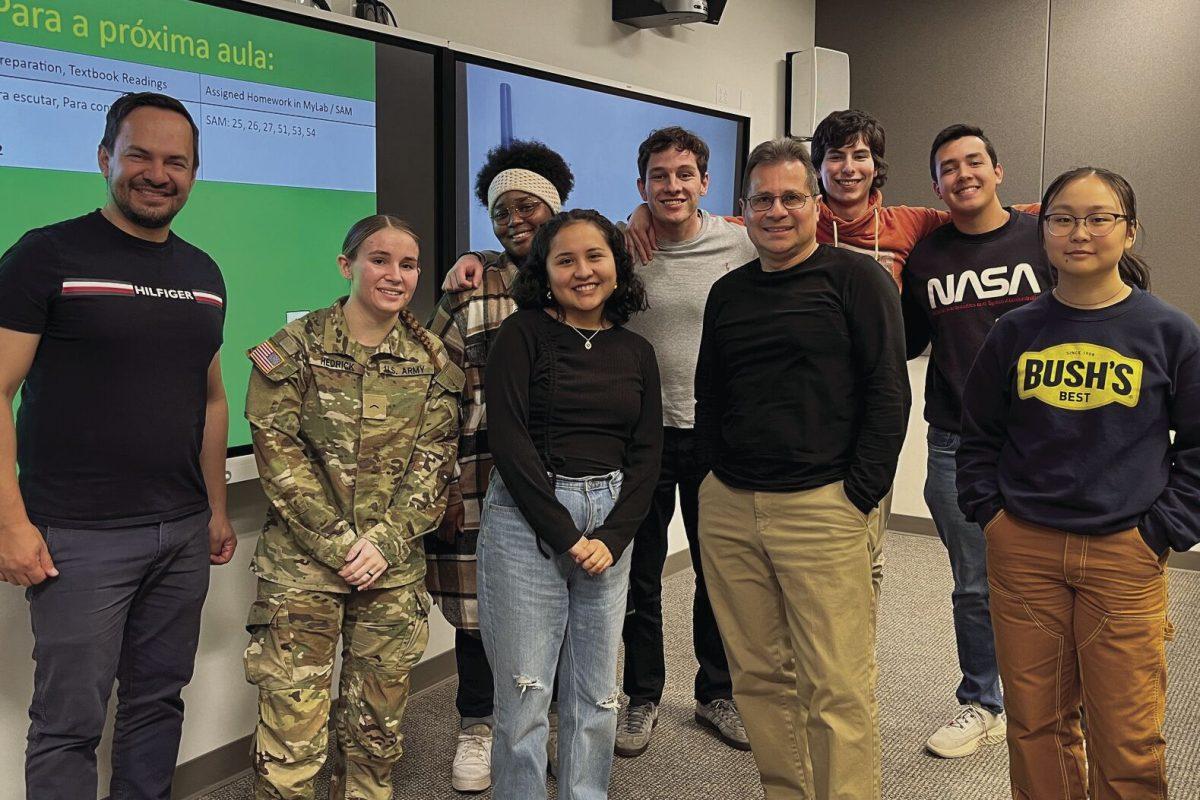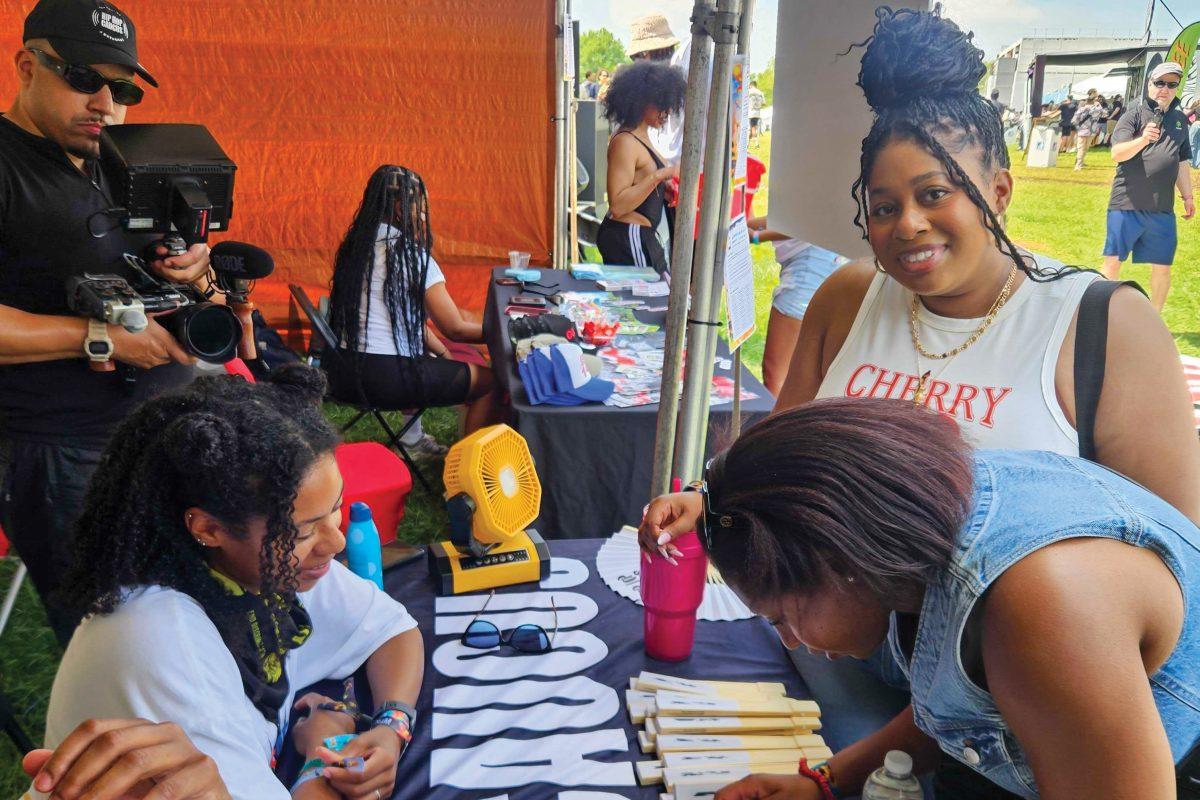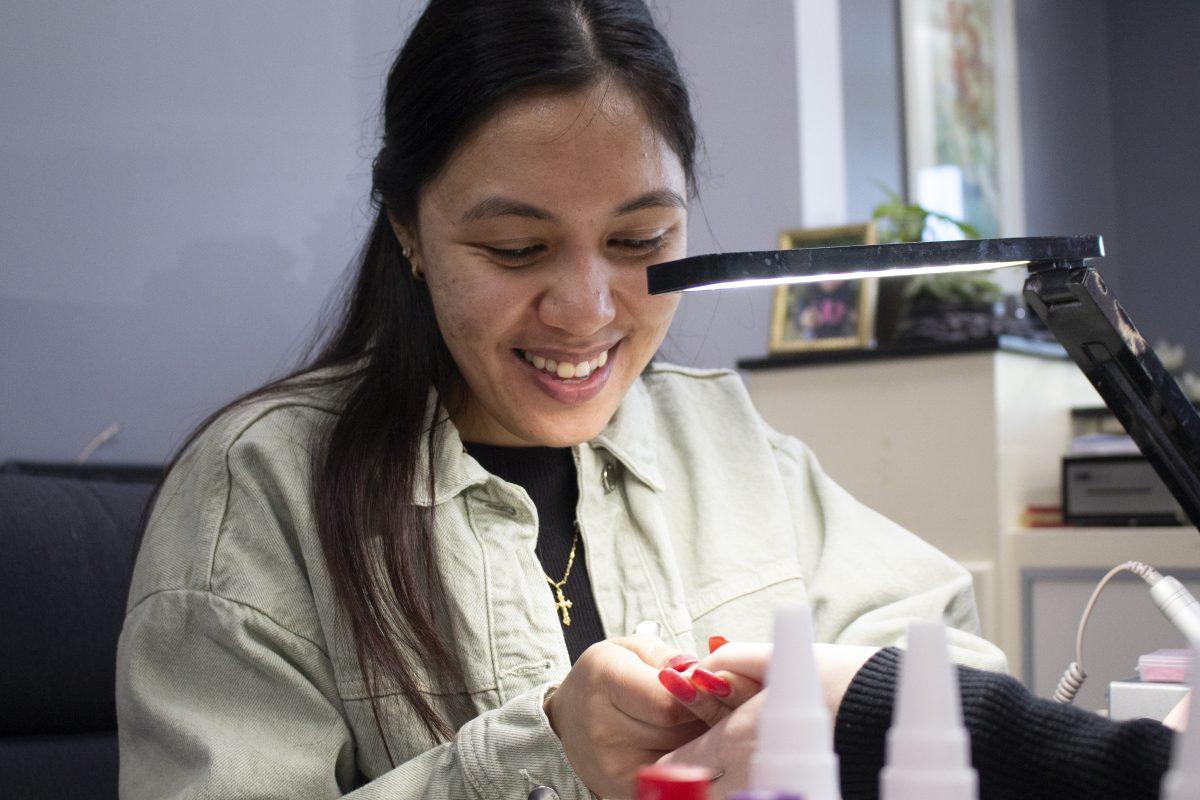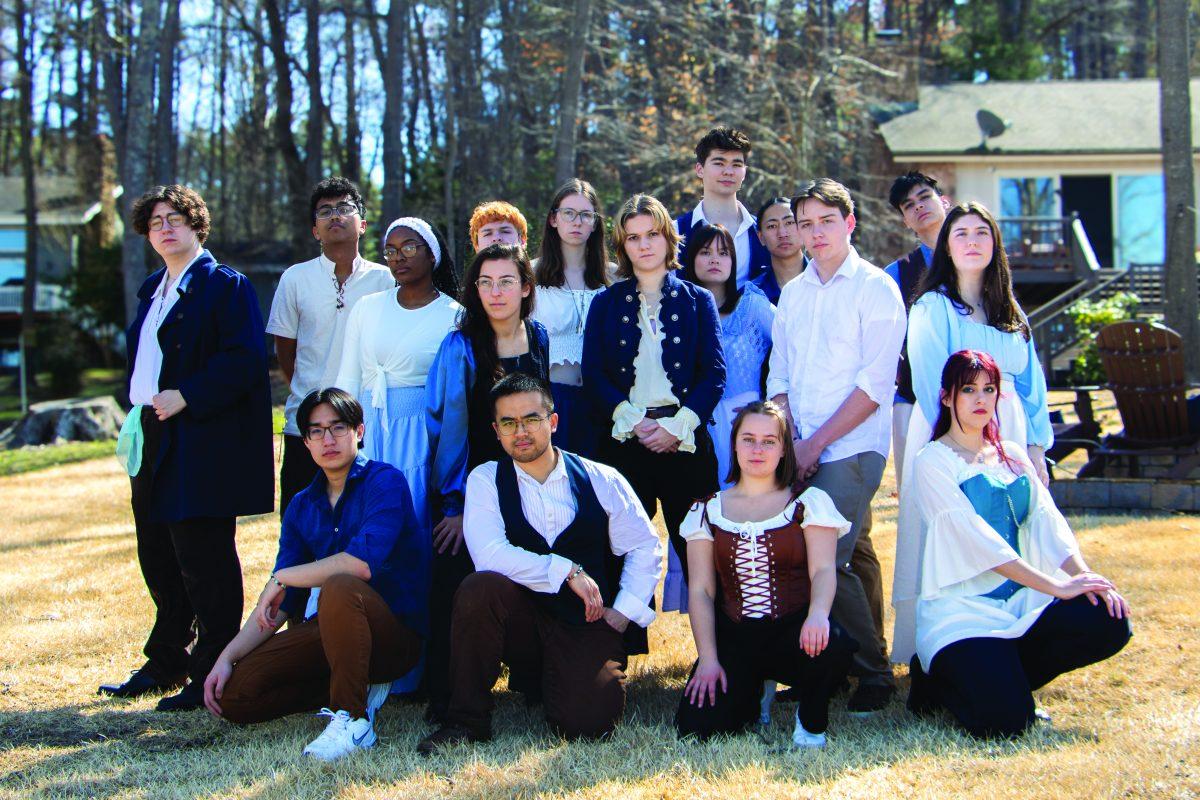Are you interested in learning about a different culture? Do you love Portuguese cuisine? Does your favorite soccer player come from Brazil? Whatever your interest might be, learning Portuguese could open many doors and be a fun experience.
Bate-Papo, which is Portuguese for “informal chatting,” is the newest addition to the Department of World Languages and Cultures at NC State and the ideal opportunity for students to practice their language skills.
Karen Coachman, senior lecturer in the department and Portuguese section coordinator, said she wanted to give students an opportunity to practice the language outside of a classroom setting where students, learners and speakers of all levels could come together and engage with the culture along with speaking the language.
“Speaking another language enhances your understanding of the world and other cultures,” Coachman said. “The culture goes along with the language.”
NC State teaches more than a dozen language programs. With Portuguese being one of the 10 most spoken languages in the world and an expanding Brazilian community in the United States, there’s so much more to learn than grammar. When joining this language group, you learn to conversate with others in a way that books cannot do.
“It’s more than just the language,” said Cristobal Cartagena, a third-year studying French who’s part of the conversation group. “The culture itself is amazing, the food, the music, the dancing. It’s something that needs a lot more exposure, for sure.”
Bate-Papo is not exclusive to native speakers of Portuguese, but is the perfect setting to practice your language skills, even if you just started learning. Coachman said the group has a good mix of exchange students who are native speakers and native speakers from North Carolina.
“Whenever I run into students who are from Portuguese-speaking countries, they are always very surprised to see somebody who’s foreign, speaking their language,” Cartagena said. “They just don’t expect to run into that here, so it’s a fun experience to show them.”
Learning another language can be hard and trying to make conversation can feel intimidating. Coachman and Cartagena shared some advice for students thinking of starting their Portuguese journey.
“You have to get out of your comfort zone,” Cartagena said. “While learning a language, you have to be okay with being wrong and being corrected. That’s the only way to improve.”
Immersing yourself in a foreign language is the best way to learn it. While many cannot travel or live in the native country of the language they want to learn, joining a language conversation group is the second-best option to learn new words, improve pronunciation, understand grammar rules and, overall, practice speaking skills.
“Don’t be shy, even if you just know a few words of Portuguese,” Coachman said. “We’re all there to learn new words and practice together, so there’s no pressure at all, even if you just want to come and listen.”














